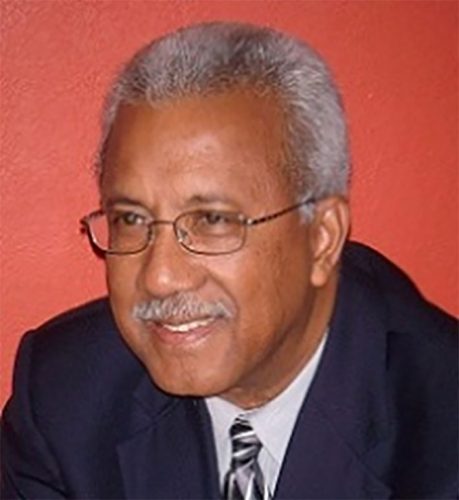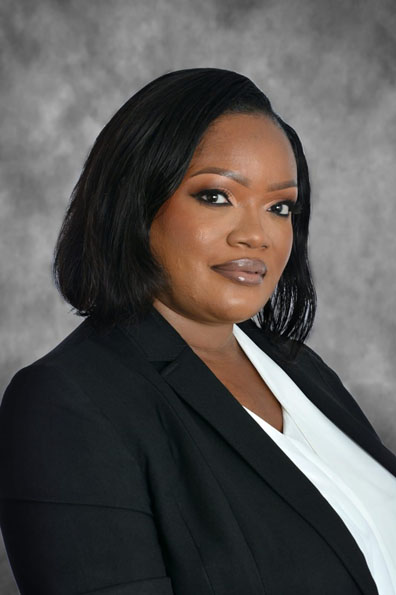The recent resurgence of Venezuela’s territorial claim against Guyana has reawakened tensions between the two countries and stirred the interest of both member countries of the Caribbean Community and sections of the wider international community. It has, as well, been the subject of what, reportedly, was an enlightening intellectual discourse on a Thursday, February 29th, 2024 Webinar during which a panel of regional academics addressed the issue of “The Guyana-Venezuela Controversy: The Argyle Declaration and Implications for International Law and the Caribbean.”
Reportage on the forum published in the Monday March 4th issue of the Trinidad Guardian described the event as a “lively” discussion, naming International Relations Expert, Professor Anthony Bryan, and Dean of the Law Faculty at the University of the West Indies, Dr. Alicia Elias-Roberts, as participants in a panel that aired its views on the subject of the recent resurgence of Venezuela’s territorial claim against Guyana, notwithstanding the full and final settlement of the issue under international law more than a century ago.

In the Trinidad Guardian article titled, ‘EXXON Mobil not behind Essequibo Tensions” the writer, Raphael John Lall, reports on the panel’s view that “economic and commercial interests” are driving what the article describes as ‘the animosity between Guyana and Venezuela over the disputed oil-rich Essequibo region.” Venezuela’s resurgent territorial claim is seen as coming at a time when the country’s President, Nicolas Maduro, is trying to fend off domestic problems by calling for a national referendum on the claim. Maduro is also known to be facing pressures from the United States on human rights issues, particularly the matter of free and fair elections.
The reported view by the panel that “economic interests” was the driving force behind the resurgence of the territorial claim is being seen in the context of the dramatic economic decline in the Venezuelan economy in the wake of the years of Washington’s squeeze on the country’s oil sector which has had negative overall consequences for the economy of the country at the top of the list of countries with proven oil reserves, globally. The Guardian article quotes Dr. Elias-Roberts as saying that setting aside “the legal aspects of international law”, economic aspects like Guyana’s 2015 oil ‘strike’ had also helped to fuel tensions between the two countries. Alluding to what she described as the question of what “influence” EXXON Mobil has in the issue, she asserted that such influence was based on the company’s bottom line – dollars.
Hosted by the Institute of International Relations, University of the West Indies (UWI), St. Augustine, Dr. Elias-Roberts told the forum that “after there was the pronouncement that there was the finding of oil in 2015, and the Guyana government said it has this company operating offshore that found oil in commercial quantities, it escalated to the extent that Venezuela then issued a presidential decree saying that that is in their area. So, Venezuela reacted to oil being in Guyana’s waters in commercial quantities.” The UWI academic asserted that the Maduro presidential decree had caused Venezuela to set itself at odds with the Caribbean Community (CARICOM) since the decree “was violating other CARICOM states’ maritime areas.”






